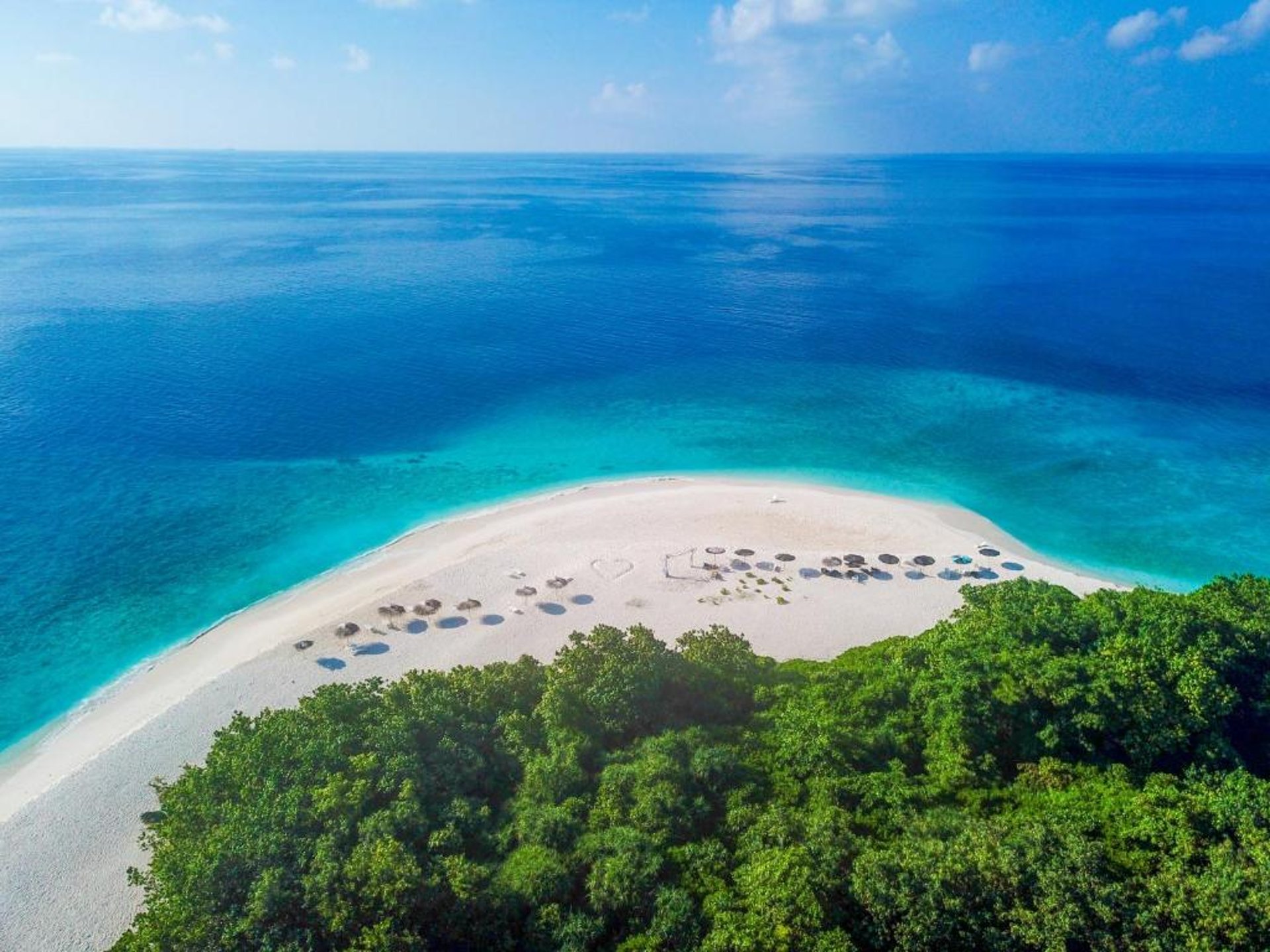
Maldives Shark Fishing Policy 2025: What Travelers Need to Know
A clear, neutral guide to the Maldives shark fishing policy 2025. Learn what changed, what remains protected, and how it affects diving and travel in North Ari.
TRAVEL TIPSREEF & NATURE
By Jamsheed — Ukulhas resident, 20 years in Maldives hospitality, Guesthouse Host at Nala Veli Maldives
11/20/20255 min read
Maldives Shark Fishing Policy 2025: What Travelers Need to Know
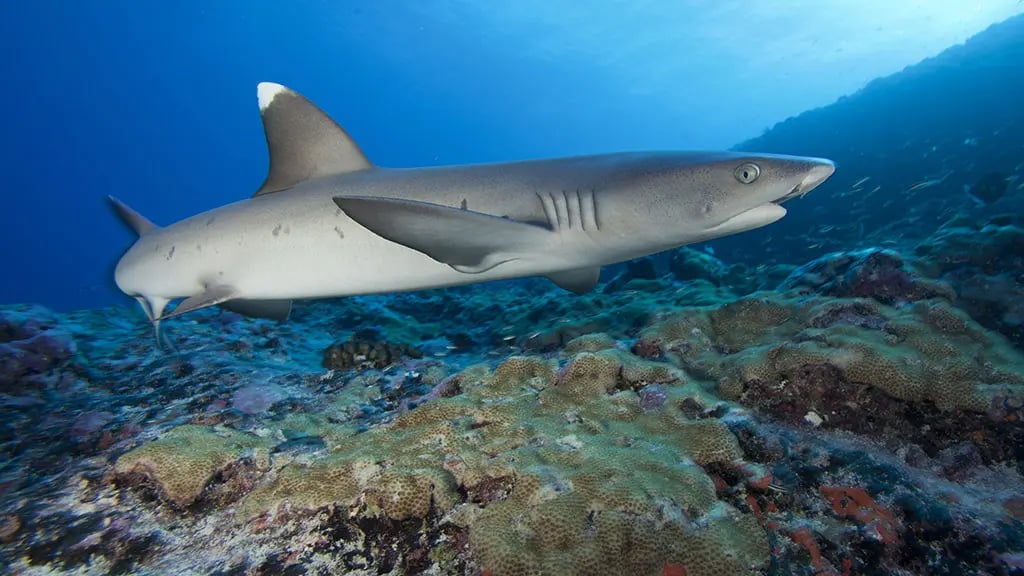

The Maldives shark fishing policy 2025 has drawn global attention, especially from divers, snorkelers and environmentally conscious travelers. Many headlines imply the Maldives has “ended its shark sanctuary” or “reopened shark fishing after 15 years,” but these summaries overlook crucial context.
Here on Ukulhas, where guests visit for manta channels and shark-rich reefs, I’ve heard rising questions: “Will we still see reef sharks?” “Is diving affected?” “Does this change the Maldives’ reputation?” This guide aims to explain the policy calmly, clearly and without politics—so travelers understand exactly what has changed, what hasn’t, and what it means for your next trip.
I still remember when a guest surfaced from Ukulhas Thila in tears after her first grey reef shark encounter. She said, “I never knew being this close to a shark could feel peaceful.” Those moments remain unchanged today—and this article explains why.
What Exactly Changed in the Maldives Shark Fishing Policy 2025
In 2010, the Maldives implemented a blanket ban on all shark fishing, becoming one of the world’s earliest shark sanctuaries. In 2025, the government introduced a highly restricted, species-specific reopening of a deep-water gulper shark fishery.
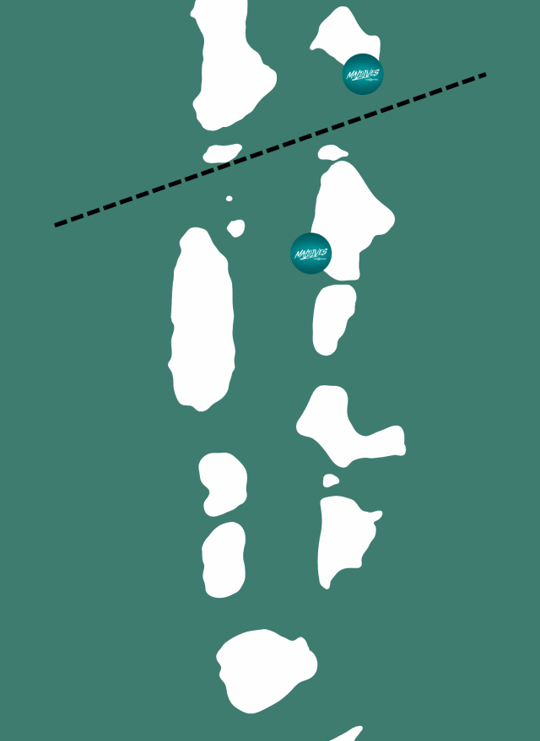

The essential facts:
Reef sharks remain fully protected.
Only gulper sharks may be harvested.
Fishing occurs far offshore in deep sea—nowhere near reef or dive zones.
Licensing is restricted to 40 vessels nationwide.
Monitoring includes satellite VMS and independent observers.
The fishery operates seasonally (December–June).
This is a targeted, deep-water policy—not a return to pre-2010 shark fishing.
Send Me Island Secrets
Planning your Maldives trip? Get insider Ukulhas tips & hidden gems directly in your inbox
Why Divers Are Not Affected — Understanding Depth and Habitat
Many divers and readers are unfamiliar with deep-sea species. Adding a realistic depth comparison clarifies almost everything.
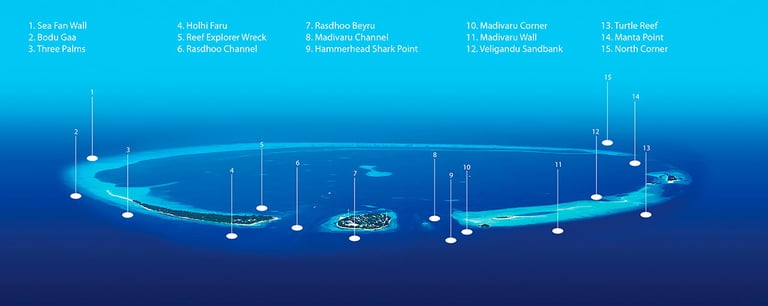

Gulper sharks live in the deep ocean
This depth difference alone explains why reef tourism is unaffected.
Recreational diving limit: 40 m
Advanced technical trimix diving: 100–200 m
Gulper shark habitat: 600–1,500 m
For perspective:
These sharks do not appear:
On house reefs
In lagoon areas
Along channel edges
At manta or reef-shark cleaning stations
At any site accessible to tourists
Gulper sharks live between 600–1,500 meters.
Where the New Fishery Operates (Geography Matters)
To reduce confusion, the Maldives now divides its marine space into:
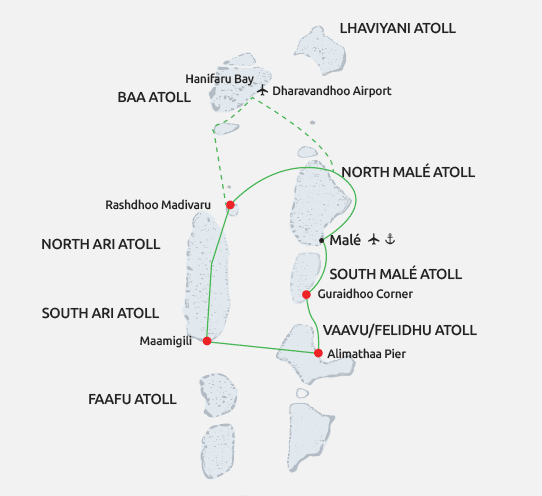

A) A) Inner atoll lagoon (tourism zone)
Dive sites
Snorkeling reefs
House reefs
Coral gardens
Resident reef sharks
Protected areas
Shark fishing remains prohibited here.
B) Outer atoll edge
(drop-off)
Depth increases from 40 m to several hundred
Pelagic sightings
Still not a gulper-shark zone
C) Deep-sea fishing zone
(>12 nm offshore)
Beyond atoll boundaries
Over 600 m depth
Gulper shark habitat
Regulated fishery allowed
This spatial separation is critical.
Travelers never enter the zone where the gulper fishery operates.
The success of this approach depends on consistent monitoring and enforcement of the deep-water fishing zones—something the VMS tracking and observer requirements are designed to ensure.
Key Elements of the Gulper Shark Management Framework
Allowed December 1 to June 30 annually.
Penalties
Vessel licensing
Maximum 40 vessels across the entire country.
Special licenses required for:
Fishing vessels
Processors
Exporters
Suppliers
Independent onboard observers
VMS satellite vessel tracking
Mandatory reporting
Designated landing ports
Monitoring and by-catch protections
Strict safeguards aim to prevent harm to protected species:
These measures are designed to minimize accidental capture of oceanic whitetips, threshers or other protected sharks.
Seasonal fishing window
Significant fines (up to USD 25,940) apply for violations, ensuring compliance and traceability.
Operational Reality
(as of November 2025)
Although legally reopened:
Implementation remains very limited.
Few vessels have completed the licensing process.
Operational capacity is still developing.
This makes the fishery more of a controlled pilot than an active national industry.
How This Affects Travelers, Snorkelers and Divers
Reef shark populations at established dive sites like Ukulhas Thila, Rasdhoo Madivaru, and Mathiveri remain active and unchanged since the policy introduction. These shallow-water species are not targeted by the deep-sea fishery.


Will divers still see sharks?
Grey reef sharks
Whitetips
Blacktips
Nurse sharks
These species inhabit shallow and mid-depth coral zones and remain protected.
Are manta rays or whalesharks affected?
No. These animals use inner atoll channels and offshore but shallow pelagic zones.
Deep-sea longlines for gulper sharks are set far below manta or whaleshark habitat.
Is snorkeling affected?
Should eco-conscious travelers be concerned?
Not at all. Reef sharks remain consistent on house reefs and lagoon edges.
Your concern is valid—and staying informed is responsible.
But for reef ecosystems: protections remain in place.
Common Misinterpretations Clarified
The Maldives ended its shark sanctuary.
The 2010 blanket ban has been modified, but reef shark protections remain intact.
Divers will see fewer reef sharks.
There is no change observed at major North Ari reef sites.
All shark fishing is now legal.
Only gulper sharks, in deep sea, under license.
Tourism zones are affected.
Tourism zones are inside atolls.
Fishing zones are far offshore.
Dive centers, including independent operators such as Sea Crest Scuba, continue normal reef operations under SSI and DAN guidelines.
Practical Advice for Responsible Travelers
Conclusion: What Travelers Should Understand About the Maldives Shark Fishing Policy 2025
While the Maldives shark fishing policy 2025 introduces a narrow, deep-sea fishery that does not overlap with tourism zones, our commitment at Nala Veli remains firmly rooted in marine respect, sustainability and responsible travel. Healthy reefs and thriving shark populations are central to the Maldives experience, and we continue to support practices that protect the shallow-water ecosystems our guests come to enjoy.
The Maldives remains one of the world’s most reliable destinations for shark encounters, manta channels and vibrant coral reefs. This policy does not change the underwater experience that draws divers and families to North Ari each year.
If you would like help planning a marine-focused itinerary or want seasonal diving insights for Ukulhas, I’m always happy to assist.
Confirm seasonal conditions with your dive center.
Follow sustainable marine guidelines (reef-safe sunscreen, respectful distances, no touching coral).
Support operators who follow ethical wildlife practice.
Support certified operators following SSI and DAN standards
Engage in local conservation activities (reef cleanups, education programs).
Get Maldives Secrets in Your Inbox
Insider Tips, Seasonal Offers & Hidden Gems
No spam. Unsubscribe anytime.
Experience barefoot comfort, crystal-clear waters, and heartfelt island hospitality in Ukulhas.
Connect With Us
Got Questions?
+960 914-0088
© 2025 Nala Veli Maldives. All rights reserved.


Privacy Policy | Terms | Sitemap

